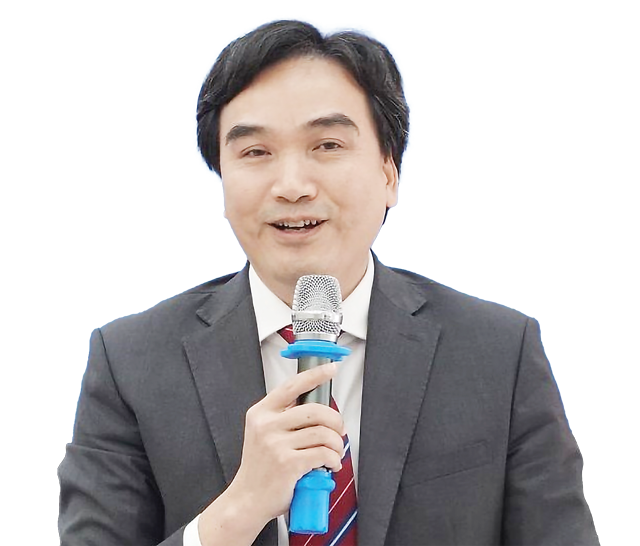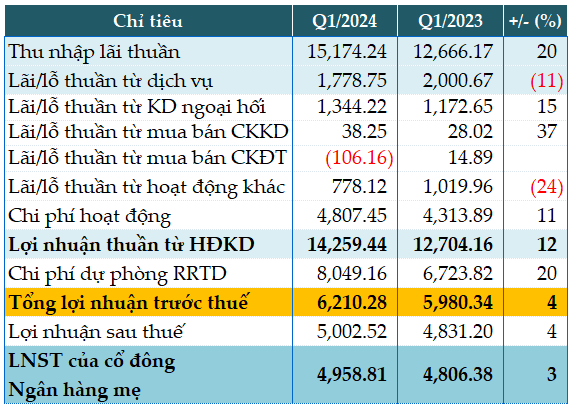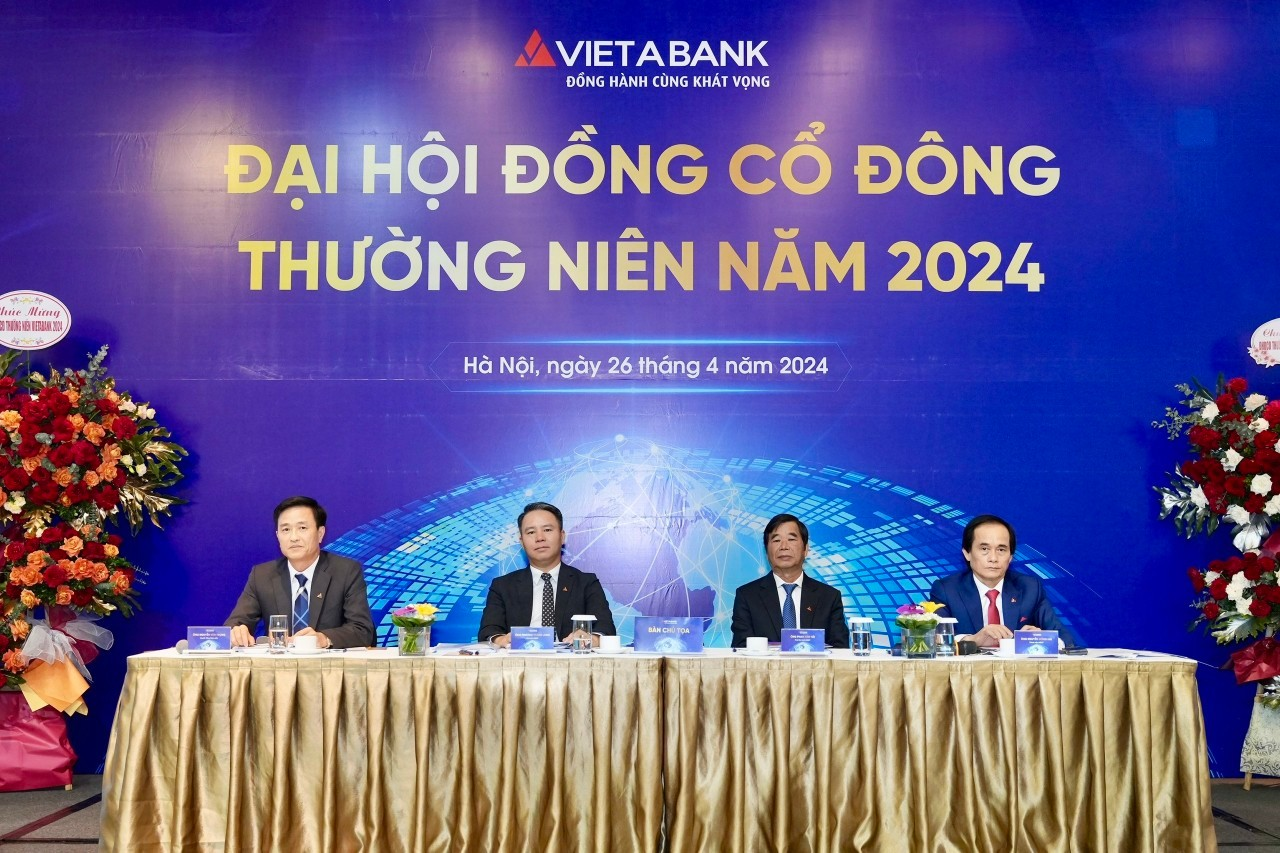In a conversation with the Vietnam Economic Magazine/VnEconomy at the threshold of the Year of the Wood Horse 2024, Mr. Pham Van Binh, Deputy Head of the Price Management Department (Ministry of Finance), affirmed that the new regulations will enhance the quality of valuation activities, particularly the specialization of valuers in the field of assets, adjusting the professional conditions of valuers and the conditions of business operations of valuation services in enterprises.
Together with other revised regulations, the legal framework for valuation activities will gradually be improved, facilitating the professional and more effective development of valuation activities.
“Valuers are the soul of valuation enterprises. The Law on Price No. 16/2023/QH15, which takes effect from July 1, 2024, introduces prominent regulations to better manage and raise the standards of valuers, according to you?
The Price Law No. 16/2023/QH15 was approved by the National Assembly on June 19, 2023 and takes effect from July 1, 2024, introducing several new points in valuation services.

“The business conditions will be further addressed. After the 12-month period when the 2023 Price Law takes effect, i.e., from July 1, 2025, valuation businesses that do not comply with the business conditions for valuation services as prescribed will have their certificates of eligibility for business operation in valuation services revoked by the Ministry of Finance.”
Immediately after the Price Law was promulgated, the Price Management Department (Ministry of Finance) repeatedly informed valuation businesses and valuers to actively review and ensure compliance with the business conditions for valuation services.
The general regulations on valuation activities in the 2023 Price Law inherit and amend the existing provisions, structuring them to suit the nature of valuation activities.
Under these regulations, the definition of “valuation” is explained as “Valuation is the consulting activity of determining the value of assets at a certain location and time, serving a specific purpose of valuation businesses or valuation councils in accordance with the Standards of Valuation in Vietnam.”
In addition, the 2023 Price Law clarifies the prohibited acts for valuers, valuation businesses, customers, and other relevant parties in valuation activities, as well as the responsibility to disclose information for valuers and valuation businesses.
Regarding the Valuer Card, the 2023 Price Law reinforces the specialization of valuers in the field of assets. Specifically, the Valuer Card is specialized in two areas: (i) asset valuation, and (ii) enterprise valuation. This contributes to improving the quality of specialized valuers and saving social resources in learning, training, and enhancing knowledge required to obtain the Valuer Card.
Given that valuation covers a wide range of different fields and content in addition to economic, economic-technical, technical, and legal fields, and in order to promote the development of the valuation profession, one of the conditions for obtaining the Valuer Card is having a university degree or above without specifying the major.
For Valuers, according to the provisions of the 2012 Price Law, valuers cannot practice as individuals; individuals with the Valuer Card who wish to practice as valuers must be associated with the activities of a valuation business.
Therefore, based on inheriting the current provisions, the 2023 Price Law stipulates the registration requirements for practicing with the Ministry of Finance through valuation businesses and clarifies that valuers must have the Valuer Card and be practicing valuation at valuation businesses.
The registration requirements include being a person who holds the Valuer Card and has 36 months of practical work experience to enhance the quality of valuation services, except for those who are trained with a university degree or above according to applied orientation programs, who require a minimum of 24 months of experience.
In addition, to further regulate valuers, the law also stipulates the prohibited acts for valuers and provides for certain penalties for valuers who violate the laws and regulations on valuation, such as revoking the card or withholding the Valuer Card.
For businesses, how have the conditions for issuing a certificate of eligibility for business operation in valuation services changed, according to you?
Regarding the conditions for issuing a certificate of eligibility for business operation in valuation services, the 2023 Price Law supplements conditions to strengthen the operation of valuation businesses, such as stipulating the conditions for the number of valuers in valuation businesses to increase from three to a minimum of five Valuer Cards.
Valuation businesses are responsible for purchasing professional risk insurance or establishing reserves. At the same time, branches must have a minimum of three independent Valuer Cards separate from the valuation business and other branches.
“For limited liability companies with two or more members, joint-stock companies, the new law supplements provisions on the total contributed capital of members and shareholders who are valuers, accounting for over 50% of the charter capital of the valuation business to ensure the control of valuers over the activities of the valuation business,” as stated in the 2023 Price Law.
The 2023 Price Law specifically defines the legal representative, Director, or General Director of the valuation business to enhance the legal certainty. It also affirms the legal value of these regulations in the practical management of valuation activities.
The law consolidates the provisions on the operation conditions of valuation businesses and branches of valuation businesses to better manage valuation activities in case of fluctuations in valuers that may affect the operation conditions of the businesses. Furthermore, it consolidates and clarifies the rights and obligations, particularly the obligations of valuers and valuation businesses in providing valuation services.
In addition, the 2023 Price Law supplements a chapter (Chapter VII) on sectoral inspection and control of prices, inspection of compliance with price laws and valuation regulations, and establishes principles, content, and responsibilities of units in conducting inspections and checking compliance with price laws and valuation to enhance the supervision by government authorities over valuation services.
To improve the quality of valuation activities, the 2023 Price Law introduces many new contents regarding technical barriers to market access for enterprises, such as increasing the number of valuers (from three to five), stipulating charter capital… However, there are doubts about the effectiveness of these provisions because increasing the quantity does not necessarily improve the quality. What is your comment on this?
The quality of valuation activities depends on many factors. The 2023 Price Law approaches this issue comprehensively, focusing on both strengthening quantity and quality in the provision of valuation services.
The 2023 Price Law raises the requirements for valuation businesses from having a minimum of three valuers to a minimum of five Valuer Cards, and for valuation business branches from having a minimum of two Valuer Cards to a minimum of three independent Valuer Cards separate from the valuation business and other branches.
The provision on the total contributed capital of members and shareholders who are valuers in joint-stock companies and limited liability companies with two or more members, accounting for over 50% of the charter capital of the valuation business, aims to ensure the control of valuers over the specialized activities of the valuation business and prevent non-specialized shareholders from controlling and dominating the business in the field of specialization.
Therefore, it can be argued that increasing the number of valuers from three to five or stipulating the proportion of charter capital held by valuers does not have a significant effect on improving the quality of valuation activities and may not be suitable for the current valuation field.
What suggestions do you have for businesses to assess and control the quality of valuers’ activities, report valuation activities, and prevent unwarranted violations as happened recently?
The 2023 Price Law approaches the quality of valuation activities from valuers and valuation businesses themselves. Valuers are responsible for their professionalism during the valuation process, ensuring that valuation reports comply with the Standards of Valuation in Vietnam, and ensuring independence in their professional expertise, objectivity, and accuracy in the valuation of assets.
Meanwhile, valuation businesses have the obligation to build and organize the implementation of quality control of valuation reports to issue and provide valuation certificates to customers, allocate valuers, etc.
The 2023 Price Law also specifies the prohibitions and rights and obligations of valuers and valuation businesses. It also stipulates the disclosure of information, establishes databases to support valuation activities, inspections, and checks of valuation activities, and evaluates the performance of valuation businesses.
Currently, the Ministry of Finance is drafting a circular on the evaluation of valuation businesses that includes multidimensional evaluation, such as maintenance and consolidation of operational conditions, establishment of a proactive learning and research team, handling of complaints, denunciations, and reports, administrative penalties… The evaluation information will be publicly disclosed annually.
https://postenp.phaha.vn/chi-tiet-toa-soan/tap-chi-kinh-te-viet-nam










































